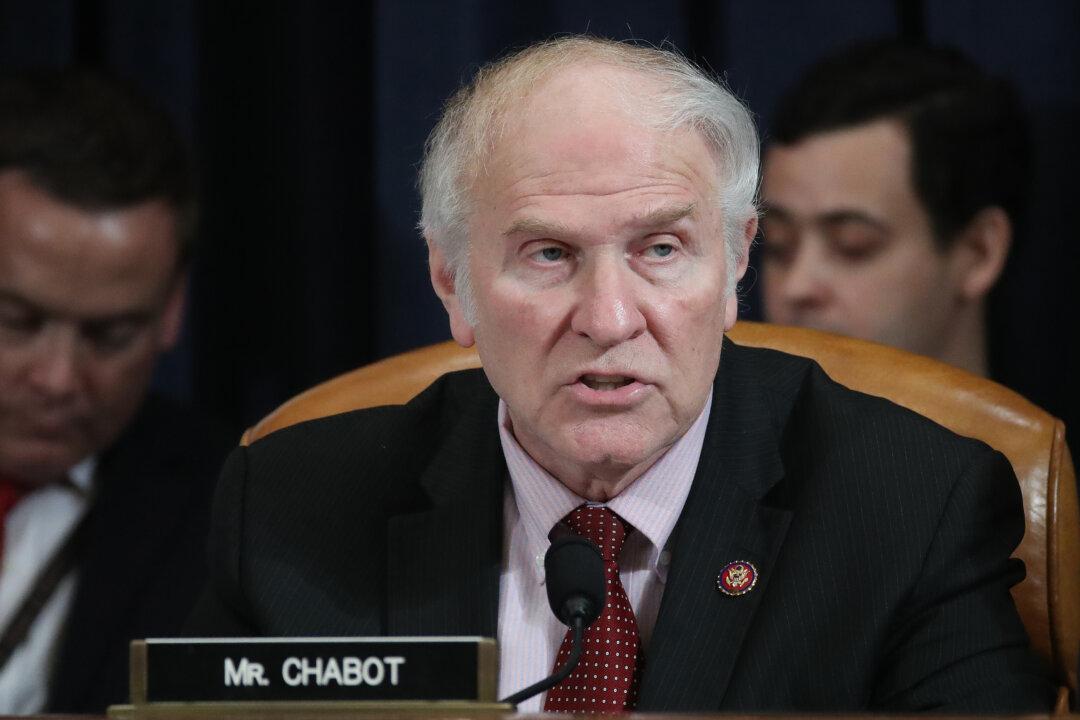The U.S. policy of strategic ambiguity on Taiwan could be “dangerous” as it offers no security guarantee for the self-ruled island, which Beijing regards as part of its territory, a U.S. lawmaker has said.
Rep. Steve Chabot (R-Ohio), the co-chair of the bipartisan Congressional Taiwan Caucus, said the Biden administration should end the policy of strategic ambiguity and declare its commitment to defend Taiwan from Chinese invasion.





